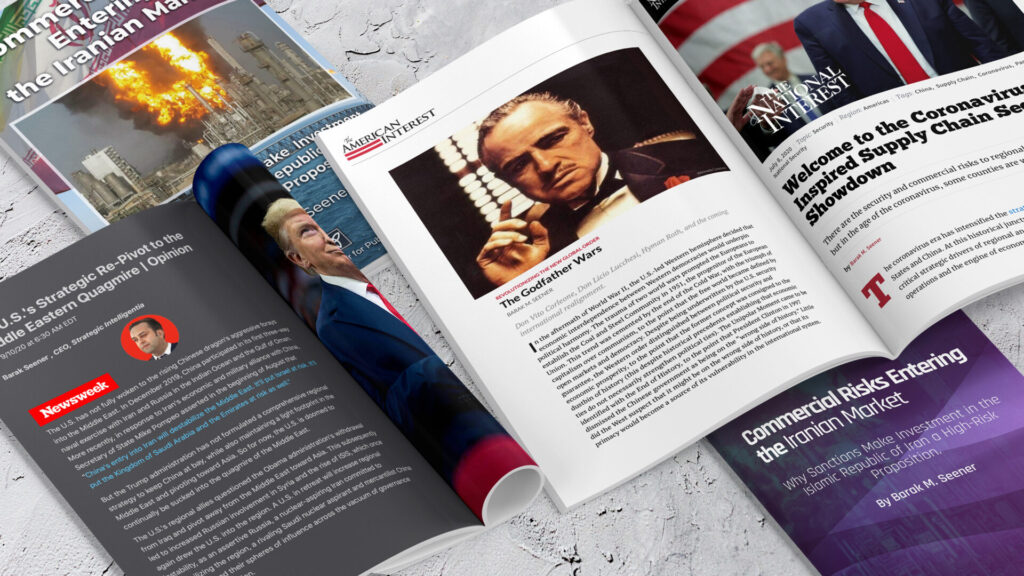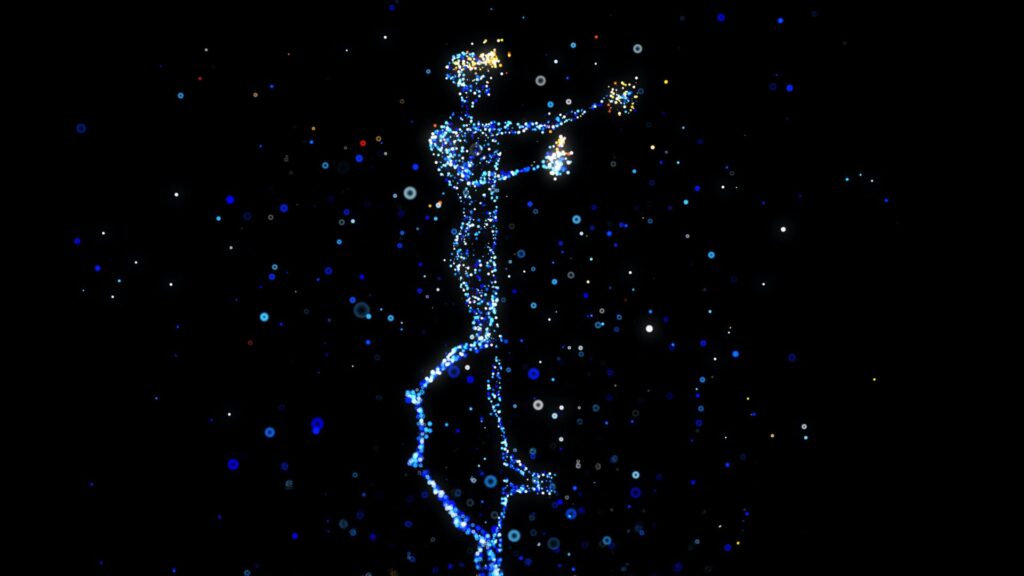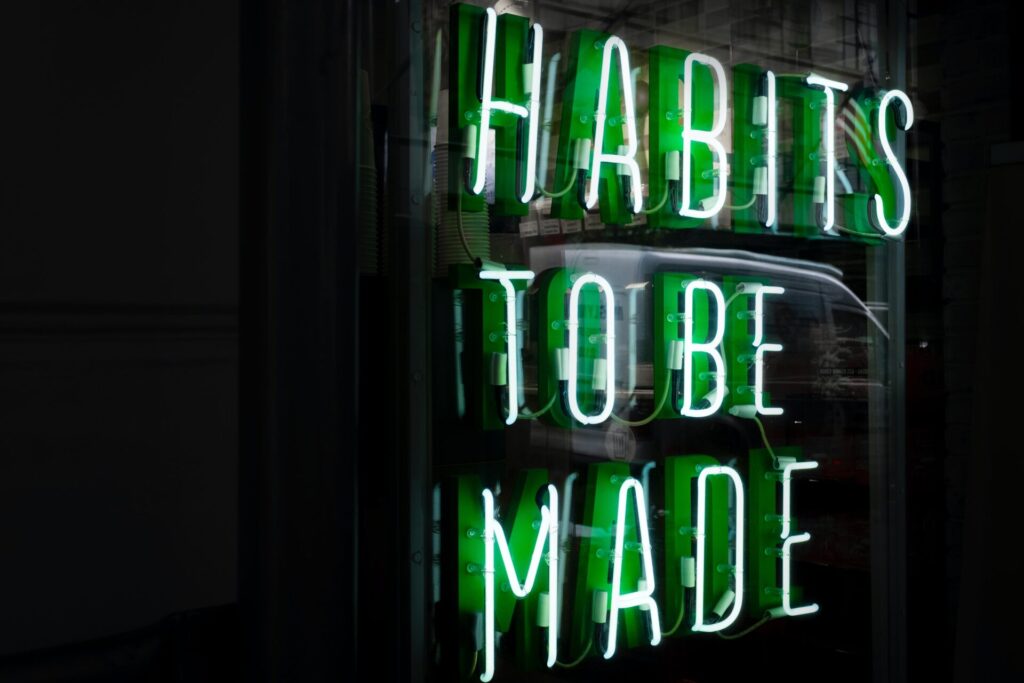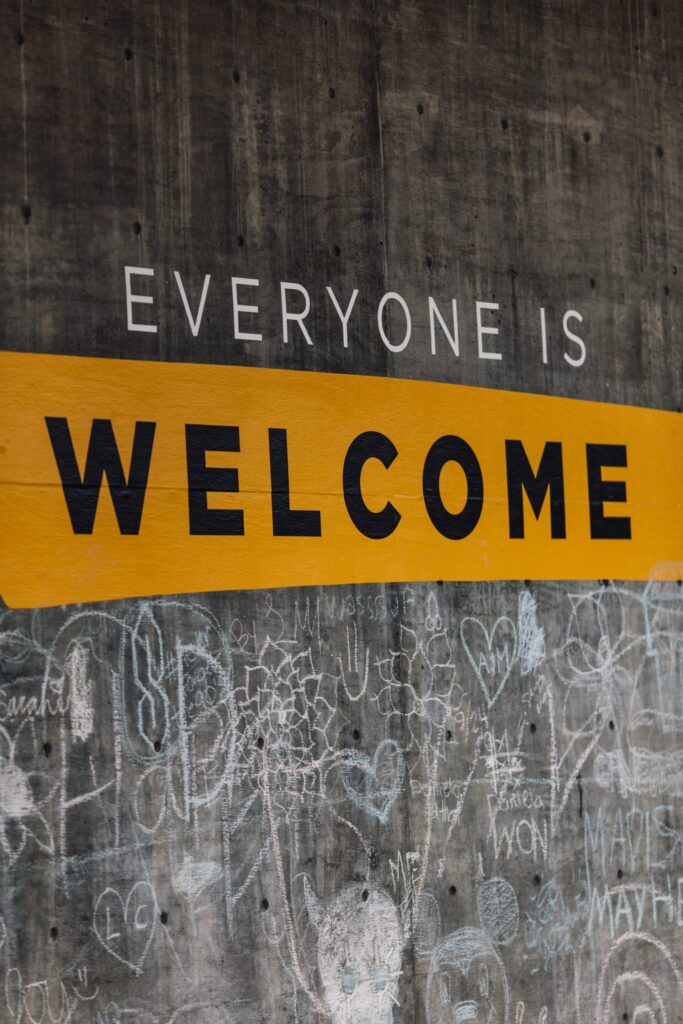Have you made many bad decisions this week? What do they look like? Well, my messes include an online purchase in what turned out to be a mal-fitting pair of bell-bottoms. I quickly realized I’m not a child of the 70s. Another infraction was eating an oat bar which was apparently assigned for my sister – the wrath was real. And not forgetting failing to pick up my niece from school at 12:20pm. I am sure I won’t live that one down for a good half century.
Now, these are all in-the-moment mistakes. But what about the things you might have said this year or even in your lifetime that could be potentially upsetting to someone who doesn’t hold the same view as you? Personally, I think a medium-rare Rib Eye steak is one of the most superior foods on this planet but I am sure that would make some vegans fizz – engage cancel culture filter. I believe tea is simply meekly flavoured hot water. Bye bye British citizenship…
These opinions though, are well within my right for freedom of expression. Mostly because they sit on the basic end of the controversial scale. But if I held a charged opinion on something bigger that could have more bearings on my morals, there would be a cause for a collectively bad idea towards me. Imagine I were to say I still love and support Kevin Spacey’s unshakeable talent despite the mounting sexual allegations against him? Or that I have Michael Jackson’s Thriller album on repeat in the background because I hold him in demigod regard despite the controversies surrounding his personal life?
I recently went into the archives of my Facebook profile and found a post from 2010. With 2020 eyes, I found it very politically incorrect. If you were to trawl back a decade, you might feel compelled to unfriend me – maybe even report me. Most of my friends would probably tut and shake their heads but imagine if I were famous? The majority of people would probably pour me with scorn. The vitriol would take on rally proportions. Those in the public sphere cannot escape the 24/7, all angles scrutiny. Many join the mob mentality of social media, weighing in on a public figure, their words and actions, until they are ruined, another victim of cancel culture.
So, where did this all come from? The most straightforward definition of cancel culture is denying someone’s existence by removing them, their products, endorsements, work, voice and beliefs because they have said or done something that doesn’t align with the masses. In my lifetime the most profound shift in our collective consciousness was during the #MeToo movement against sexual harassment. It gained huge cache because the internet has changed the way we cancel, and extended cancellation’s reach. Most recently, with our elevated Black Lives Matter consciousness, tolerance for racist behaviour is nil. Rightfully so. This staunch spirit has precipitated into other cultural hotspots like comedy. But this is where it’s a touch too much for me. Shows like Little Britain have been removed from entertainment heritage. I won’t go down a rabbit hole but there’s got to be some give. Removing some elements of the shows which include lampooning scenes of ethnic minorities via blackface, I think are necessary, but to wipe it all from existence? Harsh.
That’s all on a larger scale. On a singular level, those with a public persona, every move they make, every word they utter, is held up for intense examination. It goes without saying, in a world of hyper visibility and awareness, the conversations and we are having are complex, and our social attitude is advancing. Ergo, perception is everything.
Cancel Culture Cancels Progress
Sometimes an internet showdown is kicked off by a single Tweet. Rather than a tempered response, it’s raged reaction. Call-out culture was initially a way to make people in powerful positions accountable for their unsavoury behaviour or comments – though the threshold has largely been subjective. It has since become a movement whereby people are so easily cancelled and put in the stocks, so to speak, it’s as if meeting in the middle is a lost cause. Naturally, there are some things that are blatantly unforgivable, but then there are grey areas committed in good faith. In other words, it’s human error – which the rampant nature of cancel culture does not allow. If an individual or a business is outright cancelled, that effectively suggests there is no value in progress. I believe ignorant wrongdoing should be highlighted, but then we need to offer a grace period in the wake of an infraction for pause and reflection in order for progress to take its course.
What do you do in this time? You focus on how to bring yourself back with a bang. That can be an overwhelming task though. What does the road to recovery even look like? Especially if cancel culture affects you from within your professional community, from co-workers, employees, potential customers or colleagues. Well, it all falls under the umbrella of Public Relations. But it’s not just a template ‘sorry-for-my-sins’ press release.
In the era of big data (remember, your social media presence is a trackable timeline) and instant global communications, organizations and individuals need Public Relations more than ever to be successful, effective and protected. Through inclusive proprietary data mining tools, we at Evoke International have access to every open source post, comment, article or tweet ever made by or about you or your organization – giving us a “reputation network” map, allowing us to develop, test and implement full brand awareness, crisis management strategies and campaigns to promote, prevent or mitigate situations through controlled and targeted effective messaging. In effect, controlling the narratives that drive a person or company’s broader reputation.
To break it down, it’s a four pronged process: we look at the present public perception, then we look at your objectives, after which we look at past missteps and plan repositioning and address harmful content/perceptions in the media both predictively, pro-actively and reactionary with tested messaging and strategies that mitigate damage and promote controlled message shifting. Our finger is always on the pulse of real-time qualitative and quantitative data to ensure a solid deterrent plan is in place. The last thing you want is for recurring backfires.
The beauty of this process is that it feeds into internal work, too. Everyone deserves a second chance – and sometimes more. We are nuanced people, life is nuanced, there are so many intersecting and independent factors and variables to consider. If we cancel people forever, when they have demonstrated immense change and remorse, we devalue progress. Using past mistakes as a teaching tool is like cracking open a window and letting in fresh air to clean up the act for a better world.


















